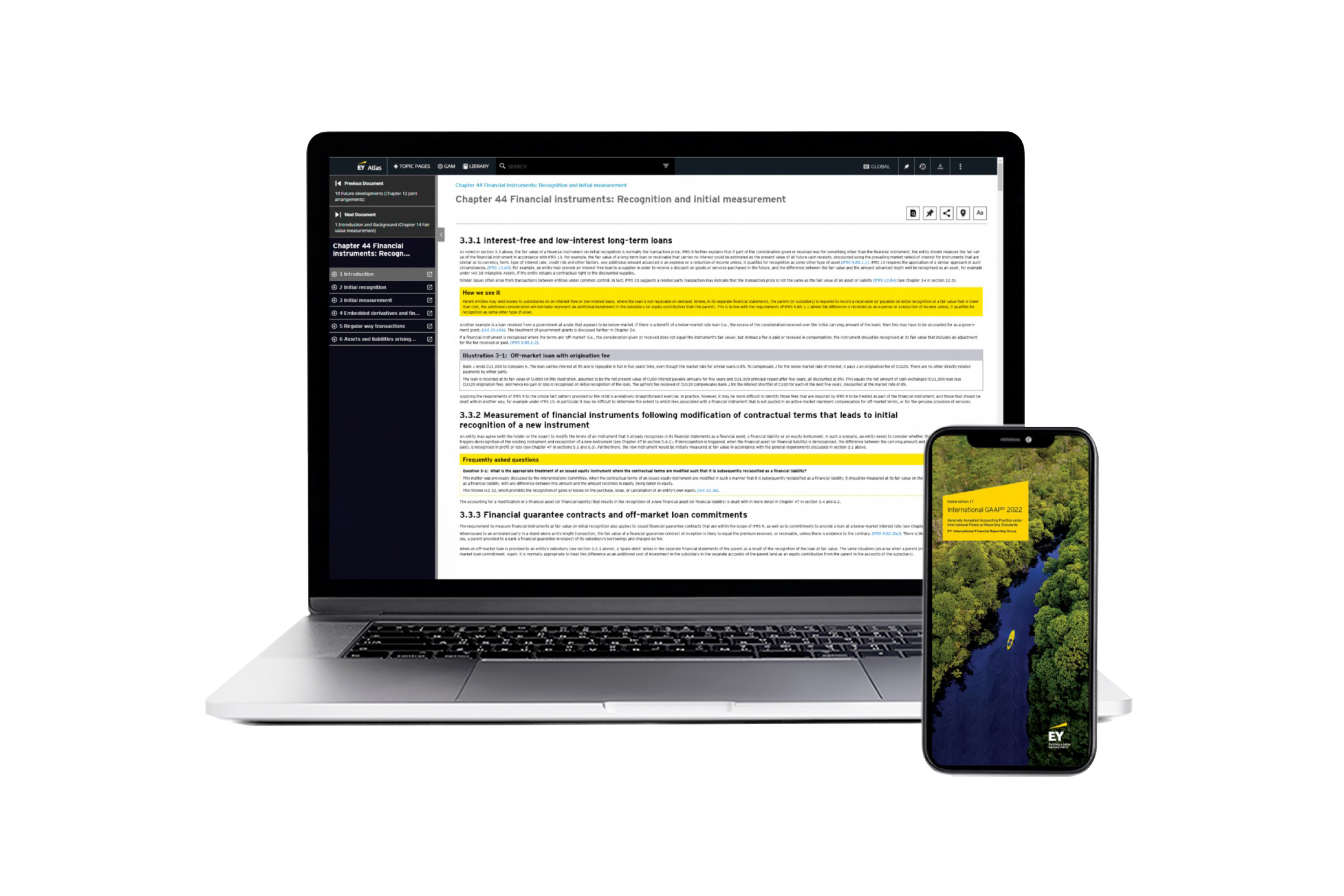Financial Reporting in New Zealand
International Financial Reporting Standards (IFRS) are developed by the International Accounting Standards Board, the standard setting body of the IFRS Foundation. The mission of the IFRS Foundation is to develop IFRS standards that bring global transparency, accountability and efficiency to the financial markets.
The External Reporting Board (XRB) issues accounting standards in New Zealand. The Accounting Standard Framework establishes a differential reporting framework that applies to two broad categories of entities: For-profit entities; and Public-benefit entities (PBEs). Entities in each category are further classified into a number of tiers, depending on the nature and size of the entity, whether or not it has public accountability, and its governing legislation or regulations. A separate sub-set of accounting standards apply to each tier within each category.

What companies need to consider for classification of liabilities
Our latest thinking
Accounting standards for For-profit entities
Accounting standards for for-profit entities are based on International Financial Reporting Standards (IFRS) and are referred to as New Zealand equivalents to International Financial Reporting Standards (NZ IFRS).
The XRB has an "adopting international standards" strategy, and accordingly, would normally issue NZ IFRS in respect of each pronouncement made by the International Accounting Standards Board (IASB).
However, there are a number of differences between NZ IFRS and IFRS:
- Wording in the standards has been amended to accommodate the New Zealand legislative environment
- Additional New Zealand specific disclosures
- Additional New Zealand standards dealing with areas not dealt with under IFRS, such as in relation to summary and prospective financial statements
Accounting standards for Public-benefit entities
In New Zealand public-benefit entities are required to apply Public Benefit Sector Standards (PBE Standards). PBE Standards are based on International Public Sector Accounting Standards (IPSAS) with some modifications such as:
- PBE Standards modify IPSAS for any recognition, measurement or disclosure matters considered inappropriate in New Zealand. Such modifications are only made where the IPSAS requirement in question has a material impact on the financial position or performance being reported, and that impact would adversely detract from the financial statements’ usefulness to users
- PBE Standards include other relevant standards (including domestic standards) appropriate for New Zealand
- The PBE Standards are also modified to make them relevant, applicable and understandable to the not-for-profit sector preparers and users. Some modification is desirable to enhance their usefulness in the not-for-profit context
More information on New Zealand’s reporting framework can be found from our publication Financial Reporting Guide – An overview of the New Zealand Financial Reporting Framework below.
EY maintains a global IFRS network to ensure a consistent application of IFRS worldwide. We are represented in international as well as in New Zealand’s national bodies and can therefore contribute to informed discussions for improving financial reporting. In our Oceania IFRS Professional Practice team, we have a team of IFRS specialists with extensive experience in IFRS application and sector expertise.
New Zealand's Publications
In addition to our globally recognised IFRS commentary "EY International GAAP®", IFRS Outlook, IFRS developments, Applying IFRS and IFRS Core Tools, we provide insights to the community through our communications on current New Zealand’s developments.
The team
Contact us
Want to learn more? Get in touch.



